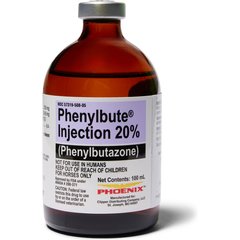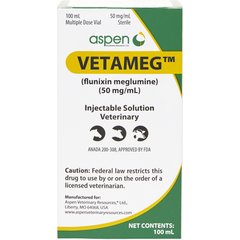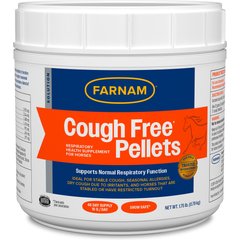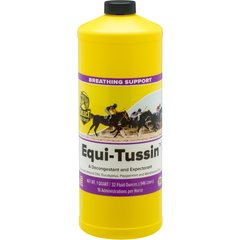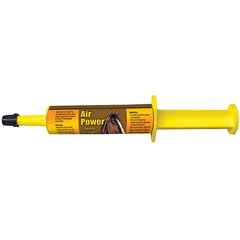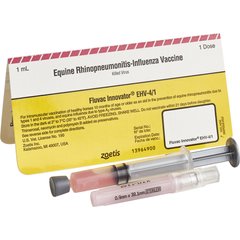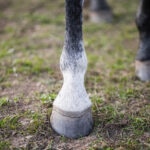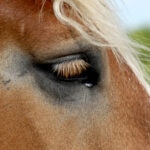What Is Equine Influenza? What Are the Signs?
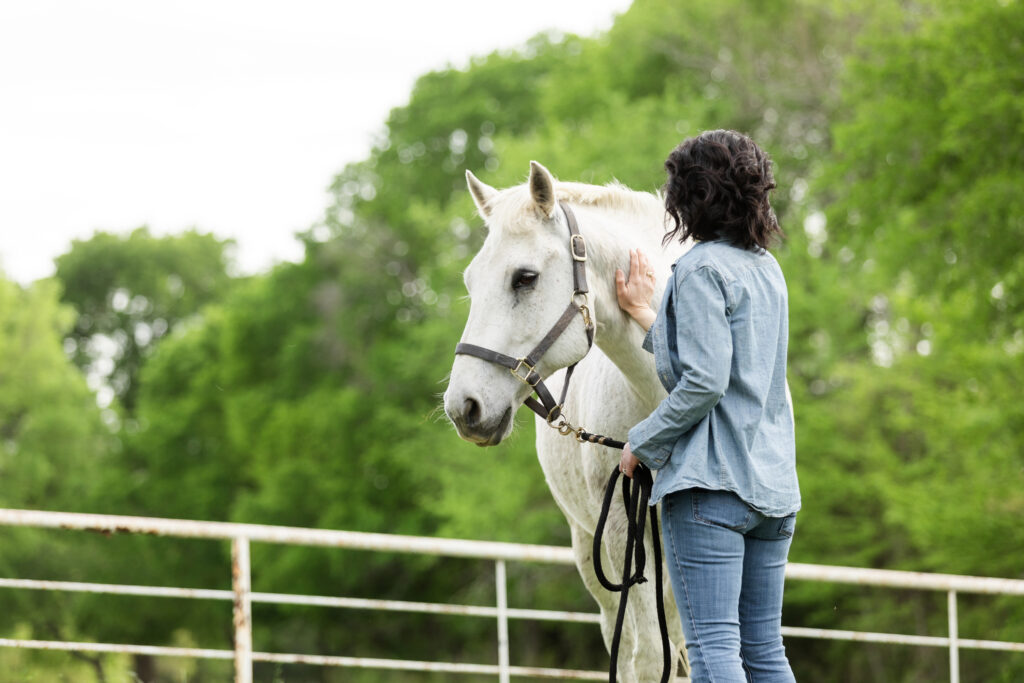
Photo by SDI Productions/E+
Did you know that your horse is susceptible to getting the flu just like humans? Horses have their own strain of influenza they can transmit to other horses, called equine influenza virus (EIV).
Key Takeaways
- Horses, like humans, are more likely to get respiratory viruses like influenza when mingling with more of their kind through travel and events.
- Horses spread EIV mainly through coughing, so horses suspected of having the illness should be quarantined.
- Equine influenza generally lasts three days, and horses need supportive care.
- Just like with humans, there is a vaccine that can help prevent seasonal transmission of EIV.
What Is Equine Influenza?
Equine influenza is a respiratory virus that can spread rapidly among horses. Younger horses or those with a weakened immune system are most likely to get EIV.
The main symptoms of equine influenza are localized to the respiratory system. The disease generally takes its course over three days and is very unlikely to be fatal.
EIV can seem similar to other equine respiratory diseases, such as equine herpesvirus, strangles, or bacterial pneumonia. It’s important to have a veterinarian confirm if your horse has EIV or another illness.
What Are the Signs of Equine Influenza?
The clinical signs of influenza in horses are similar to those in humans. Symptoms include:
- High fever
- Cough (usually dry sounding)
- Nasal discharge
- Lymph node enlargement
- Lethargy
- Decreased appetite
Equine influenza is contagious for seven to 10 days after the initial incubation period of three to five days. Any horse who shows signs of illness should be quarantined for safety.
What Causes Equine Influenza?
Equine influenza is mainly spread through secretions from coughing. A horse’s age, immune system, and stabling arrangement can all play a role in their susceptibility.
The virus can travel 100 feet or more in the air. Dry, windy conditions have been shown to increase the distance the flu virus can travel.
In addition, humans can carry infective droplets on their skin or clothing to other horses nearby.
The following conditions make equine influenza transmission more likely to occur:
- Immunocompromised horses: Horses can have a compromised immune system from the stress of travel and competing at events, from old age, or from having another infection already present.
- Horses 1–5 years old: Young horses tend to be more susceptible to the virus due to their underdeveloped immune systems.
- Unvaccinated horses: Vaccines can help prevent the illness.
- Poor or crowded stabling conditions: Decreased air quality can worsen the spread of germs.
How Do Veterinarians Treat Equine Influenza?
Equine influenza is not a medical emergency, but contact your veterinarian for advice if:
- Your horse’s fever is very high (over 101.5 F)
- There is risk of spread to other horses
- You suspect your horse has a more severe equine respiratory disease (such as pneumonia)
Even if your horse does not need to be seen immediately, your veterinarian will most likely need to examine them in the next 24 hours to confirm that the illness is indeed influenza.
Your veterinarian will take a swab of your horse’s nasal passages and send the sample out for viral testing to confirm equine influenza. It generally takes one to two days for results to return.
Treatment consists of supportive care, including rest and hydration, as it’s a virus that will need to “run its course.” Infected horses should be quarantined and proper hygiene should be followed, including washing hands and changing clothes before and after interacting with sick horses.
Other treatments can include NSAIDs like phenylbutazone and flunixin meglumine to reduce fever.
Recommended Products
How Can I Help My Horse Feel More Comfortable?
Improve Air Quality and Fight the Fever
To help your horse feel more comfortable while they’re ill with influenza, provide a clean environment with good air quality. Since flu is a respiratory virus, this will allow your horse to breathe easier, and will help with coughing by reducing environmental irritants.
- Wet or soak hay to reduce dust, and change to a less dusty bedding temporarily if needed.
- Provide plenty of fresh, cool water to drink.
- Clean the stall frequently if your horse is being kept inside, as the ammonia buildup from urine can greatly affect air quality.
- Provide a fan to help cool your horse and reduce flying pests.
- Cold hose your horse if they have an active fever that has not come down to normal with NSAIDs.
Give Your Horse Supplements
There are some products and supplements you can give your horse that may help with throat irritation and cough, including:
Recommended Product
Recommended Product
Recommended Product
These supplements are herb- and oil-based and work by soothing throat inflammation, much like a cough drop works for humans. They are not a replacement for veterinary care, but can help relieve symptoms while your horse is on the road to recovery.
Allow Plenty of Rest
Rest is one of the most important factors in allowing your horse to recover.
Even after coughing and fever symptoms have resolved, your horse should receive an additional 14–21 days of rest before returning to work. This allows the respiratory tract to fully recover before adding the stress of work back in.
How Do I Prevent Equine Influenza?
Vaccinating your horse is the easiest and most effective way to prevent equine influenza. The equine influenza vaccine is risk-based, meaning horses should get the vaccine based on their risk factor.
Recommended Product
Depending on stable environment and travel, you will need to vaccinate your horse every six months to a year.
- For horses kept in a boarding stable, especially with horses frequently traveling to and from the barn, the vaccine should be given every six months.
- For horses kept in a closed environment in a private backyard, with travel only occurring for a few months out of the year, the flu vaccine can be given once a year before the planned travel.
Horses who have been vaccinated still have a low chance of becoming infected with equine influenza; however, the course of the disease is generally less severe.
Limiting exposure to horses with unknown vaccine status, as well as quarantining any new horses coming into a barn, will also reduce chances of spreading equine influenza.
FAQs About Equine Influenza
What is the prognosis for equine influenza?
The prognosis for equine influenza is excellent. It’s rarely fatal and rarely causes any long-term effects.
Can equine influenza affect humans?
Equine influenza does not affect humans, and only rarely has been found in dogs, cats, and pigs.
How long is equine influenza contagious?
EIV is contagious for seven to 10 days after the initial incubation period of three to five days.
How often should a horse be vaccinated for equine influenza?
A horse should be vaccinated for equine influenza every six months to a year.
